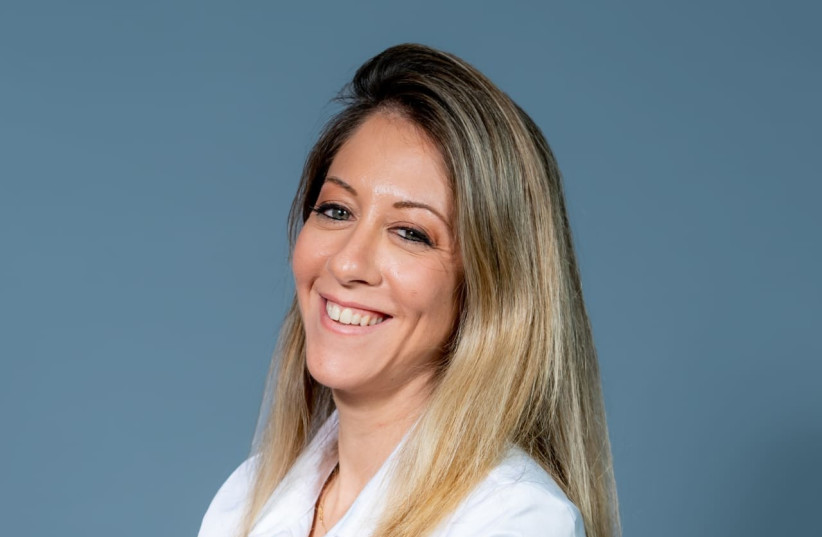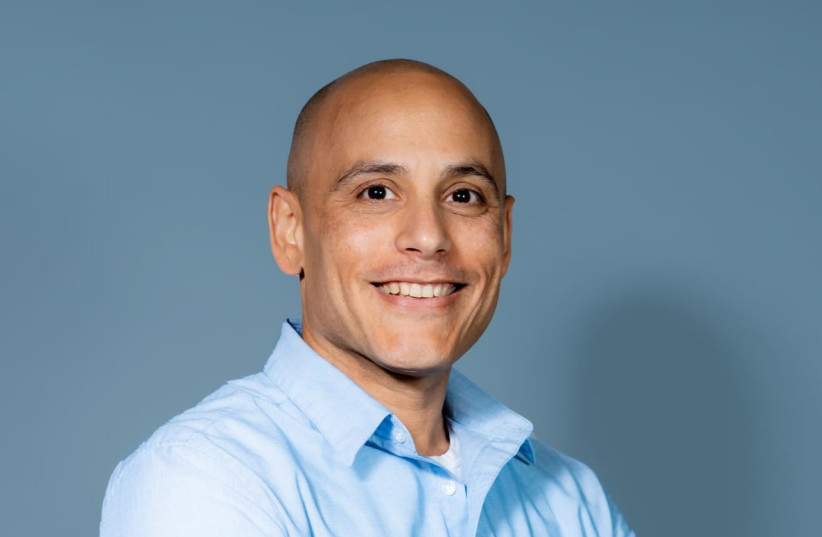For the past 101 years, the most reliable form of lie detection has been the standard polygraph device (with a close second being Robert DeNiro’s bare hands in the 2002 comedy Meet the Parents). As a piece of technology that was created the year before Betty White was born, the polygraph could stand to be reinvented – at least that’s what professional interrogators Avivit Yorkevich and Yossi Penias say.
Yorkevich and Penias are the CEO and COO, respectively, of Valid.it, a Haifa-based start-up they co-founded. The company has developed a new lie-detection platform that draws on the duo’s 40+ years of combined experience in interrogation for the Israel Security Agency (ISA), the Defense Ministry and the greater commercial industry, in order to more quickly, accurately and conveniently detect lies than a standard polygraph.
A tarnished gold standard
Although the polygraph is a tried-and-true lie-detecting solution (the “gold standard,” says Yorkevich), a few years ago the two encountered an instance that demanded innovation.
“When we were still working in the ISA, we got information from a source during an operation, and wanted to validate it to decide whether we are going to send in troops or not,” said Yorkevich. “We encountered a problem, though, because our informant was in an unreachable location, so we couldn’t bring him in to conduct a polygraph test.
“We then understood that we have a huge problem; there is no solution that can remotely validate statements accurately that can provide us the same confidence that a polygraph gives,” she said.

The two then began doing research, hunting for a lie-detection device with similar reliability to the polygraph, but with added mobility and flexibility. Penias trotted the globe, testing a slew of commercial lie detection technologies.
“Voice analysis, side detection, cognitive stress – you name it, and there’s a big chance I’ve tested it personally,” he said. Despite his efforts, he found nothing that was up to snuff.

"Whenever there are two people on both sides of a screen and you need a ‘trust filter,’ so to speak - we intend to be there."
Yossi Penias
So, the two decided to take matters into their own hands, working for years to develop Valid.it, which has garnered significant attention for its innovative solution. So far, the company has raised about $500,000, taken part in the TechStars TLV global accelerator program, been accepted to the NVIDIA Inception program, and is expected to receive a grant for development from the Israel Innovation Authority. Valid.it is currently raising money, and is planning to launch three pilots in the next few months.
Say "cheese" to establish a baseline
Penias explained how the platform draws on the advanced processing power of modern smartphones in order to replace the bird’s nest of polygraph wires with video and audio processing and artificial intelligence.
Using only a selfie camera and a microphone, Valid.it observes test-takers as they answer questionnaires and read prompts aloud. With just that input, Valid.it can detect lies with a nearly 85% accuracy rate – comparable to some of the world’s greatest polygraph implementations.
“When you measure bioscience through a camera, there are almost 40 indications of the sympathetic system that you can gather. The [traditional] polygraph only takes five,” elaborated Penias. Microexpressions, eye tracking, voice stress analysis – those are all measurable impacts of the sympathetic system that can be measured over time, and with a basic, elementary smartphone.”
"U up?" "Depends, are you a liar?"
As a result of its compatibility with the device in nearly anyone’s pocket, Valid.it’s founders believe the technology could soon be utilized in an endless amount of situations.
“When you are buying insurance, taking a loan, selling your house or renting it on Airbnb; when you’re interviewing for a job; when you want to trust a person who [swiped right] on Tinder or whatever. Whenever there are two people on both sides of a screen and you need a ‘trust filter,’ so to speak, we intend to be there,” said Penias.
The two emphasized that the platform is compliant with standard privacy regulations. They acknowledged that it will typically require test-takers to “opt-in” in order to be tested. Nevertheless, they believe that more universally available lie detection could lead to a much more honest world.
“I don’t want to say [it will wholly eliminate] fakeness, but when you know that you can get caught lying, one of the most basic human instincts is to avoid such behavior,” said Penias. “Someone told me not too long ago that lying is a God-given right, but fraud is not. People will still lie, but [Valid.it] will help you trust one another.”
